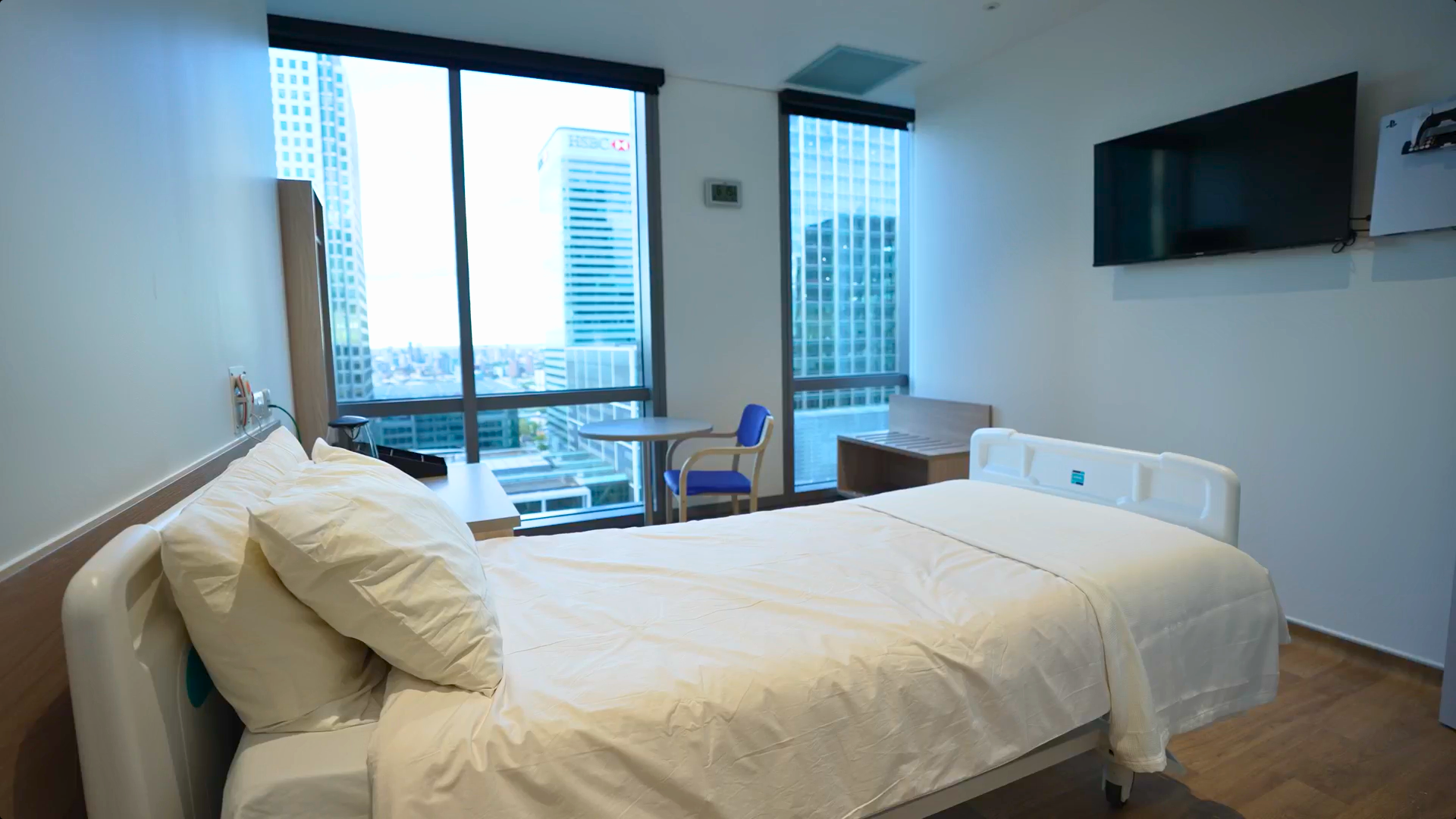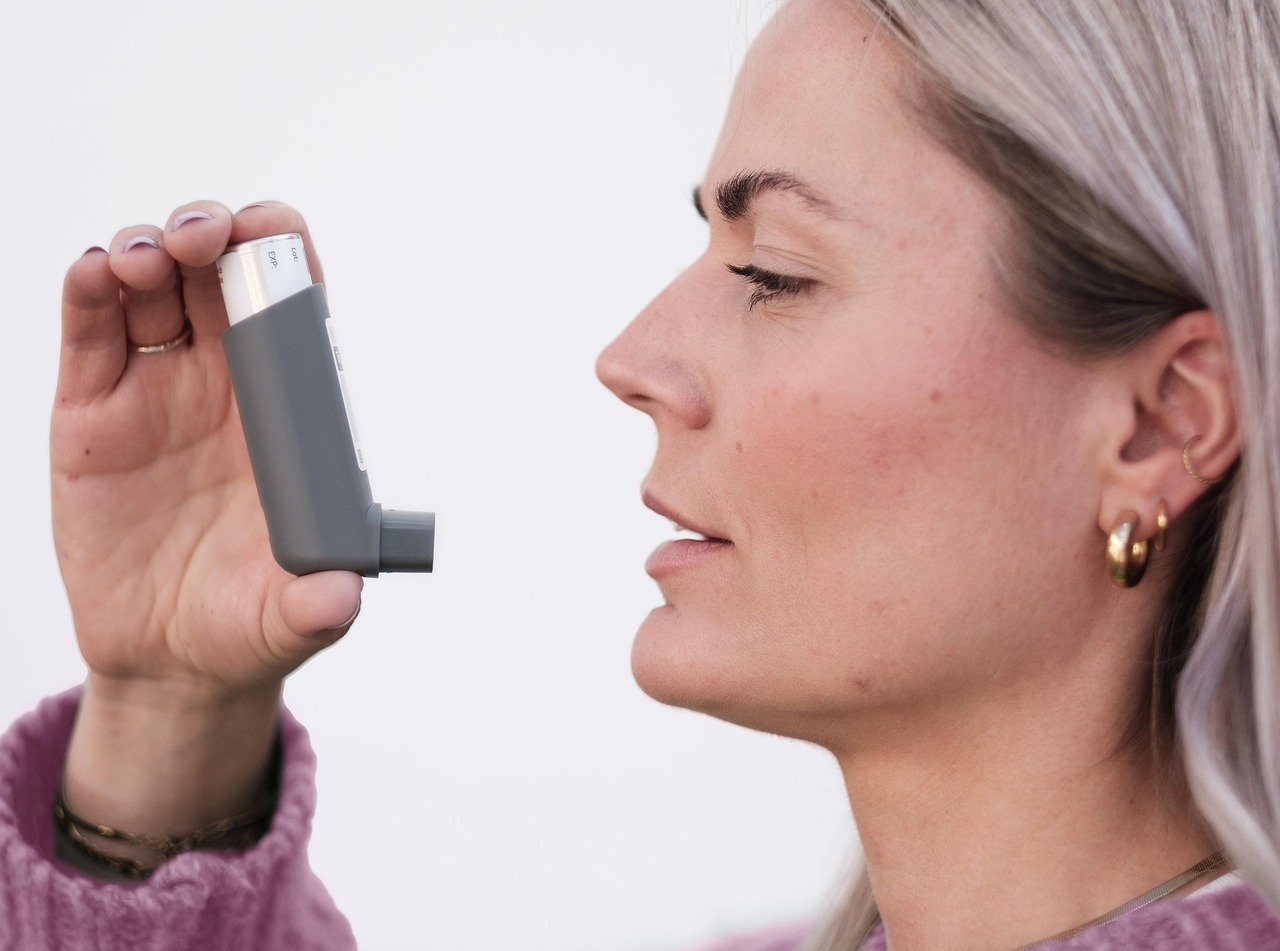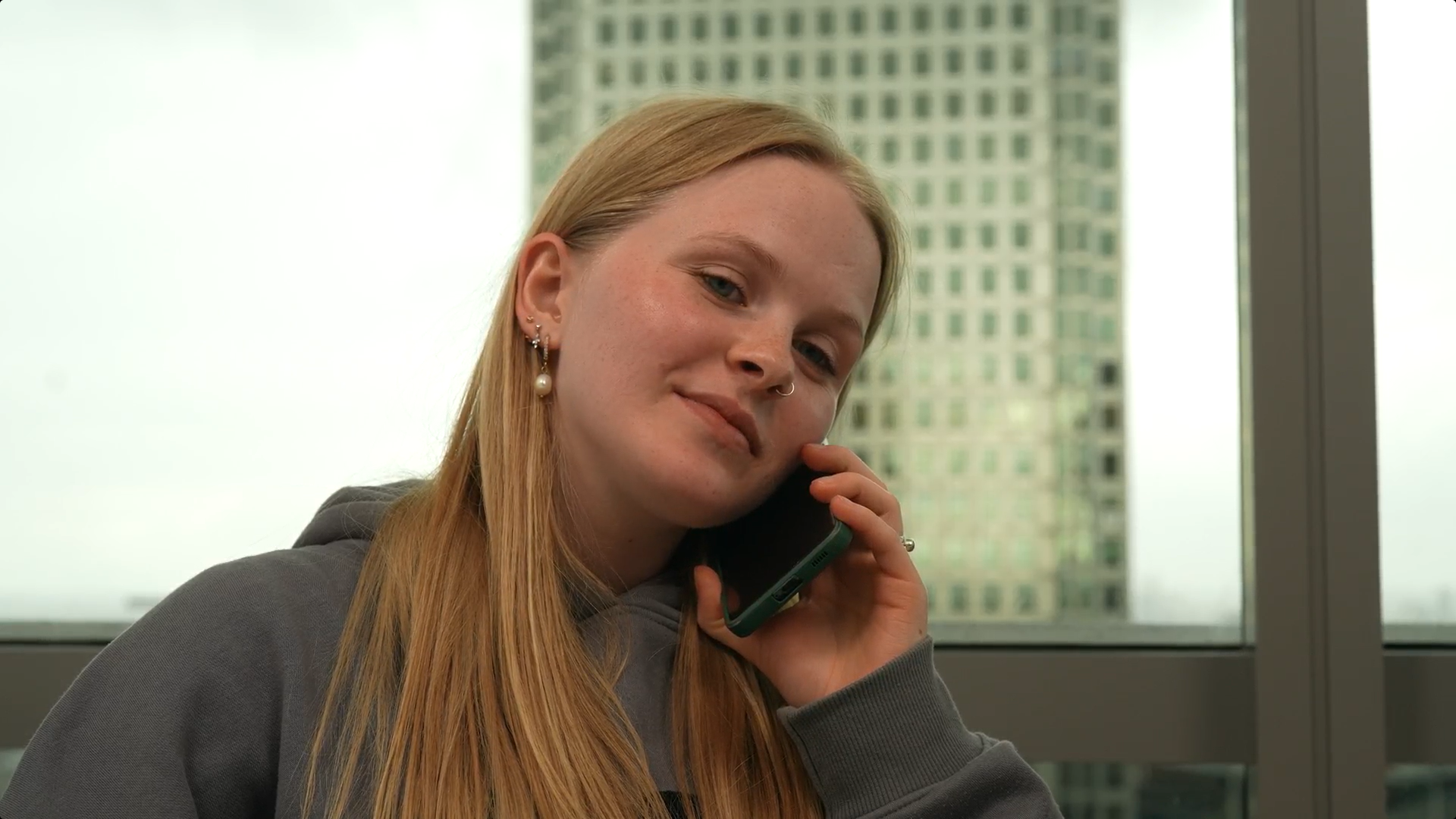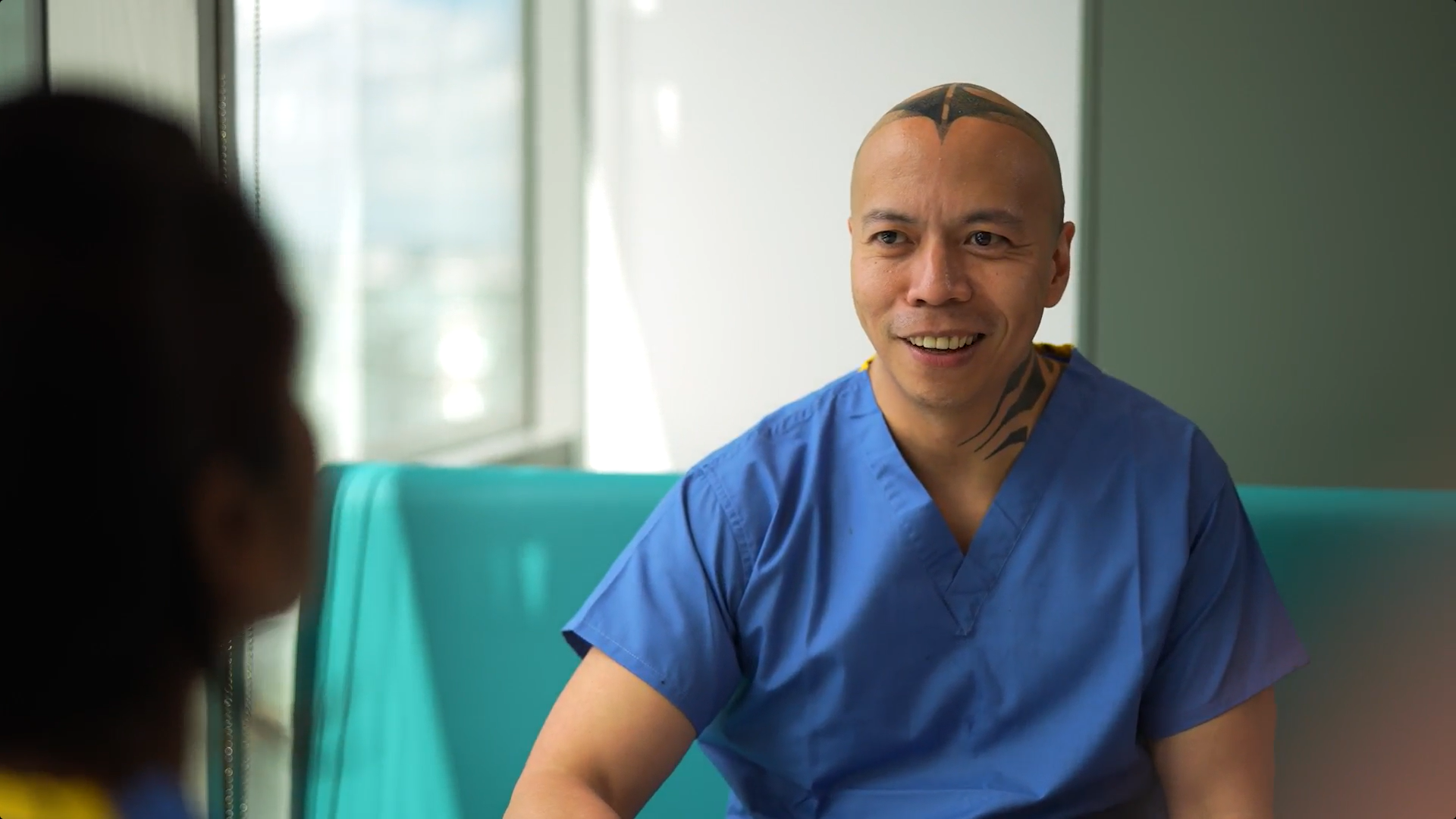When it comes to clinical trials, one of the most common questions we often hear is, “Do clinical trials pay?” It’s a valid question, as taking part can take time, effort, and potential inconvenience.
Clinical trials play a critical role in medicine by testing the safety and effectiveness of new treatments, and many offer financial compensation to encourage participation. But before you sign up, it’s important to understand how payment works in clinical trials. What expenses are covered? How much can you expect to receive? Are there any catches?
In this blog, we’ll break down these details to help you make an informed choice about joining a paid clinical trial.
Do clinical trials pay?
Many clinical trials offer compensation for your time and inconvenience, but the payment structures can vary widely, depending on several factors. These factors include:
- the nature of the trial,
- your level of involvement,
- and the institution conducting the trial.
For instance, some trials may provide higher payments due to increased risks or longer time commitments, while others may not offer direct payment but instead cover related expenses such as travel or accommodation.
At Flucamp, our compensation structure is designed to reflect the commitment involved in participating in our trials. Payments vary based on the length of your residential stay and follow-up visits. Currently, Flucamp offers up to £4,400 for clinical trials.
You may need to report any income you receive from clinical trials to HM Revenue and Customs (HMRC), depending on the amount paid and your overall financial situation. In the UK, tax depends on each individual’s circumstances. Please refer to the HMRC guide, EIM71105 – Employment Income Manual and contact the HMRC directly if you have any questions or you require any advice around tax on the compensation you receive from us.
How much do you get paid for clinical trials in the UK?
The amount you can earn for taking part in clinical trials in the UK varies significantly based on the type of clinical trial and its specific requirements. Generally, early-phase drug trials tend to offer higher compensation due to the increased risks and intensity involved. For instance, you might earn anywhere from £1,000 to £4,000 for a short-term commitment that lasts a few days to a week.
In contrast, long-term studies, which often require regular check-ins over several months or years, may offer lower payments per visit but can accumulate to substantial amounts over time. For example, a long-term study might pay you £200 to £500 per visit, depending on the duration and complexity of the assessments required.
How will I receive payment for my participation?
In many cases, you will receive compensation in one lump sum after completing the trial or specific milestones, while other studies may provide staggered payments throughout the trial period. For instance, if a trial lasts several weeks or months, you might receive partial payments after key assessments or visits. This approach helps ensure consistent financial support during your involvement, allowing you to receive compensation at regular intervals instead of waiting until the trial’s conclusion.
How long will it take for me to be compensated?
Generally, you can expect to receive payments after completing specific milestones or phases of the trial. For example, some trials may offer compensation immediately after screening visits, while others may distribute payments at various points throughout your involvement.
In FluCamp trials, you’ll typically receive compensation after each clinical trial screening visit. If you’re involved in a residential stay, you will be compensated in two additional stages: first, after the residential stay concludes and second, after the final follow-up visit. This structure clarifies when to expect your payments and ensures a smooth compensation process.
Are my expenses covered during a clinical trial?
Many clinical trials do cover costs related to travel, accommodation, or meals, especially if you need to attend multiple sessions at clinics or hospitals. In some cases, these expenses are separate from the compensation you receive for participation, ensuring you’re not out of pocket for necessary costs incurred during the trial.
At FluCamp, we prioritise your support by contributing towards travel costs. For instance, we reimburse £40 for attending your first pre-screening appointment, which includes a blood sample and other assessments. This reimbursement helps alleviate some of the financial burden associated with participating in a trial, making it more accessible for you.
How many paid clinical trials can I do?
There are guidelines/restrictions regarding your participation in multiple trials at the same time or within a short timeframe. These measures are primarily in place to ensure your safety and well-being. Engaging in multiple trials can lead to complications in assessing the effects of each treatment and may pose risks to your health.
In the UK, the Medicines and Healthcare products Regulatory Agency (MHRA) provides guidelines that help oversee the conduct of clinical trials. While specific restrictions can vary by trial and sponsor, many clinical trials require you to disclose any ongoing participation in other studies. This transparency helps ensure that researchers can accurately evaluate the safety and efficacy of the treatment being tested.
If you are considering joining more than one clinical trial, it’s crucial to discuss your intentions with the trial coordinators and ensure that you meet any necessary eligibility criteria. By doing so, you can help maintain the integrity of the research and protect your health.
What next?
Participating in clinical trials offers a unique opportunity to contribute to important medical research while potentially receiving compensation for your time and effort. However, it’s important to understand that payment structures can vary significantly between trials.
If you’re interested in exploring paid clinical trials or have any specific questions, we invite you to learn more about what we do or reach out to our team. We’re here to help guide you through the process and answer any questions you may have.















